In November, 1984, The Smiths' lead singer Morrissey praised the IRA for an assassination attempt on Margaret Thatcher and turned their upcoming Irish tour into a political storm.
Louder Than Bombs is the story of a tour like no other.
Below, programme maker David Coughlan writes for Culture about this week’s Documentary on One production - listen to Louder Than Bombs above.
Dian Barton shuffled through the pages.
The sound engineer has worked with some of Manchester’s biggest bands like New Order, The Charlatans, The Fall, Inspiral Carpets, A Certain Ratio and The Happy Mondays.
Back in 1984, she was working with arguably the most influential of them all… The Smiths.
In front of her were itineraries for tours with The Smiths and one tour she will never forget is the November, 1984 tour of Ireland.
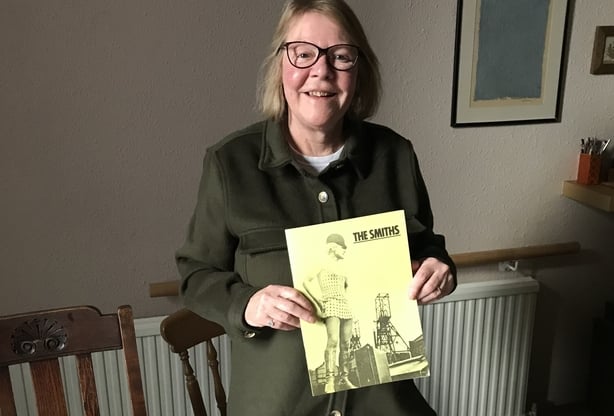
A tour that involved involved paramilitaries, politics, emigration, unemployment and the soundtrack to a generation.
On October 12, 1984, the IRA blew up a section of the Grand Hotel in Brighton, narrowly missing British Prime Minister Margaret Thatcher.
Amidst widespread condemnation, Morrissey, lead singer of The Smiths, praised the bombers and turned the band’s upcoming Irish tour into a political storm.
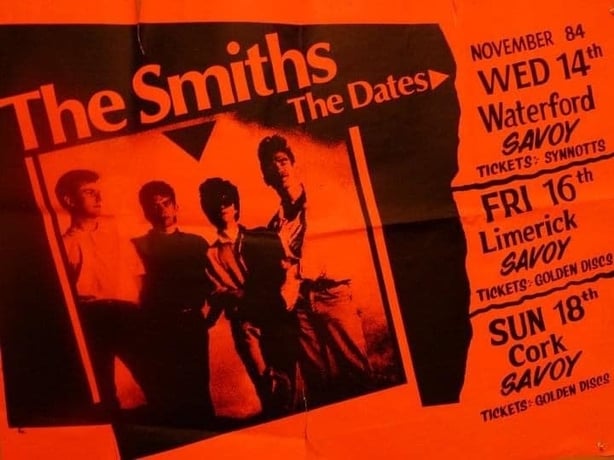
The four members: guitarist Johnny Marr, lead singer Morrissey, bassist Andy Rourke and drummer Mike Joyce all had Irish backgrounds and the tour was very much a homecoming.
But it was just a few years since the UVF had killed members of the Miami Showband and anxiety increased as The Smiths and their crew reached the border counties.
Threading the story together took me from Waterford to Donegal, from Kilkenny to London and from Dublin to Manchester and back again via Holyhead.
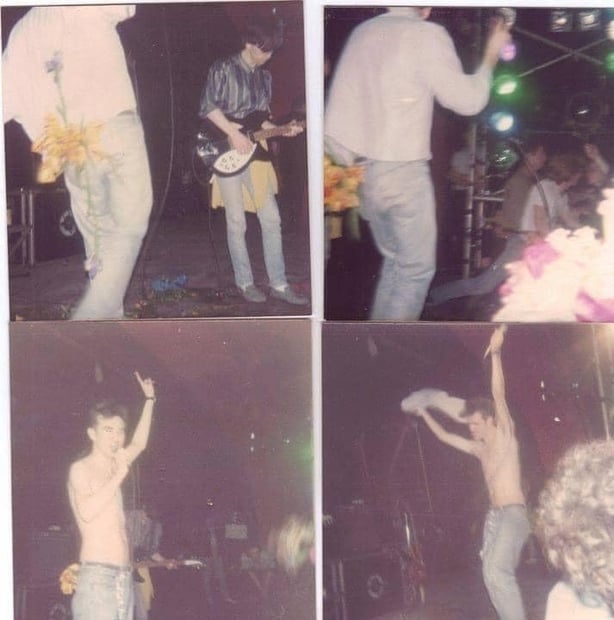
There were phone calls from Carcassonne, Chicago and Belfast and emails back and forth to New York and beyond as the story came together.
It was early January when I met Dian at her home in Manchester and she was preparing to go on a US tour with The Charlatans.
Industrial action was widespread in Britain, much like it had been way back in 1984 when Dian was working with The Smiths and Margaret Thatcher was UK Prime Minister.
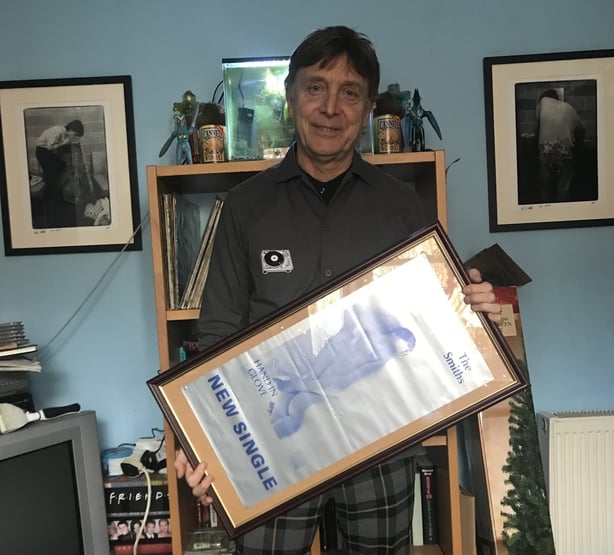
Back then, Dian worked closely on the live sound of The Smiths with Grant Showbiz and he took time out from recording with Billy Bragg to meet me at his London home on a crisp, sunny winter morning.
In between an impromptu visit from his window cleaner, Grant talked about the importance of touring Ireland to The Smiths and the anxiety felt by the band and crew in Belfast in 1984.
"We changed hotels three times in one day," he said.
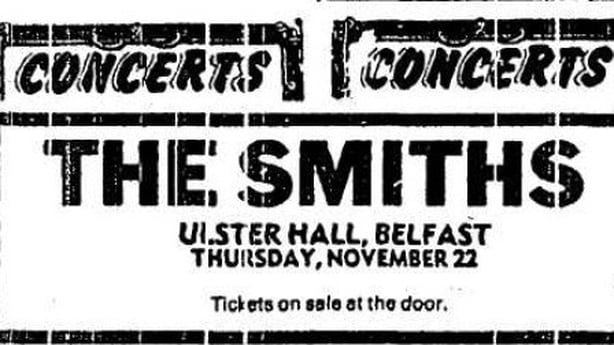
"The stark terror of the North, it was so unreal and so scary and so terrifying and certainly I am a fairly confident person who feels like they know what they’re doing, but I was a bit all at sea there."
Journalist and broadcaster Danny Kelly worked at the NME at the height of The Smiths' fame and last year, over tea and biscuits at his rural County Kilkenny home, he talked about the band’s meteoric rise and fall.
And his ringside seat for it all.
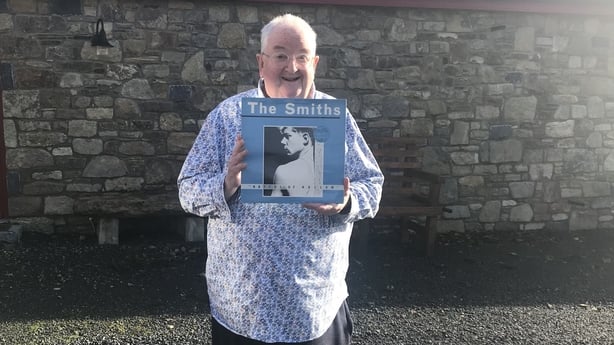
With his own second-generation Irish background, Danny identified closely with the band and understood their desire to tour Ireland so extensively at the height of their fame.
Despite the security risks.
When it came to the people behind that 1984 Irish tour, it was a co-operative of mostly unemployed teenagers called Music Moves that helped bring The Smiths to Waterford.
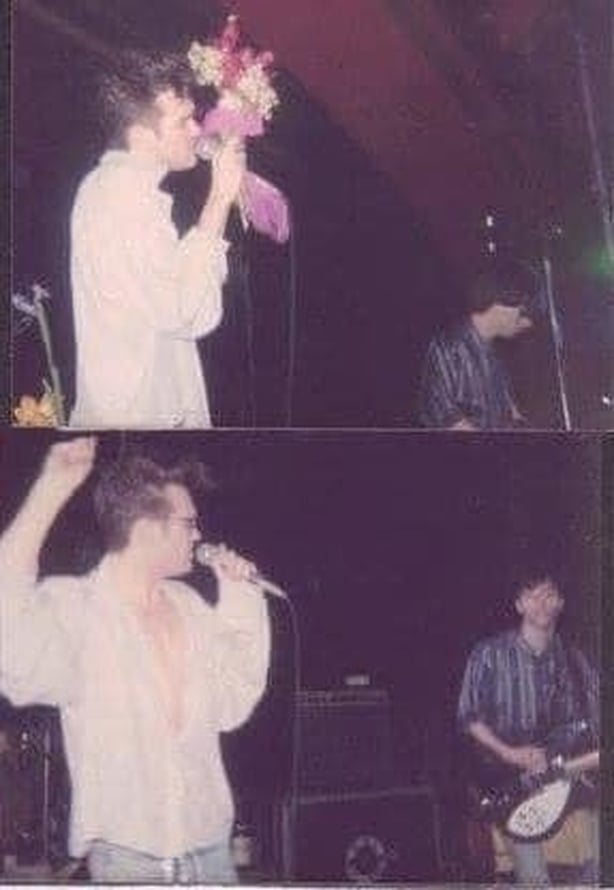
On a biting December morning, Ollie Breslin and Louis Quinlan met me in Waterford to discuss The Smiths’ gig in the city all those years ago.
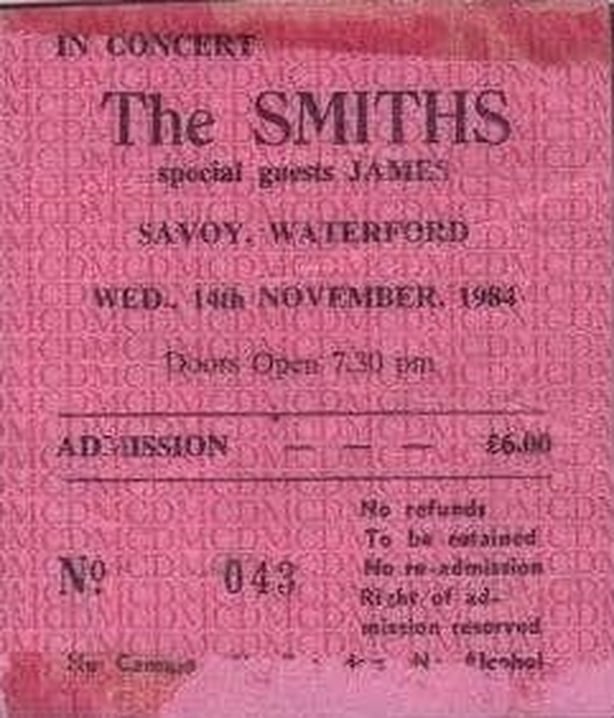
Christmas shoppers were going about their business as Ollie showed me around the old Savoy cinema venue, which is now a book shop.
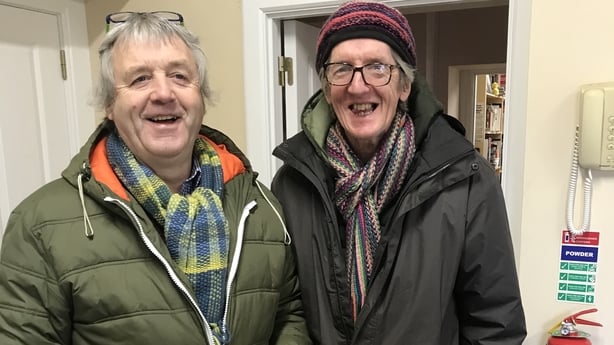
He also took me to the People’s Park where a tree branch was liberated nearly 40 years ago for Morrissey to dance around with during the gig.
Louis was on his way to his son’s wedding, but kindly stopped by to talk about his role in the old Music Moves co-op and the politics of the time.
That’s how much The Smiths and that 1984 tour still means.
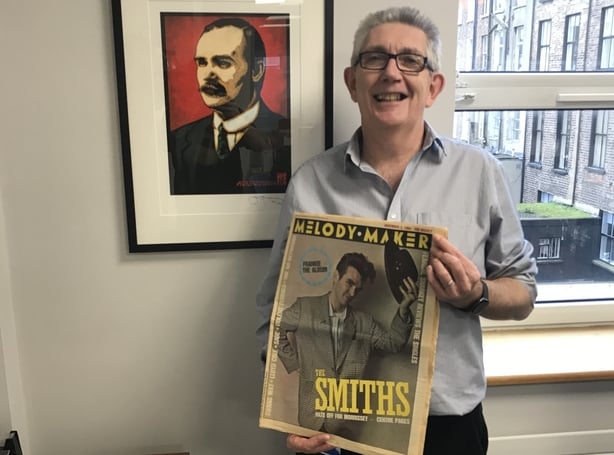
In Dublin, Eoin Ronayne was finishing up his time as a leading trade union official after several decades when we met at the Forsa offices to talk about his rare interview with Morrissey for pirate radio in 1984.
The interview hasn’t been broadcast anywhere since going out to a very small audience in Waterford nearly 40 years ago.
Until now.
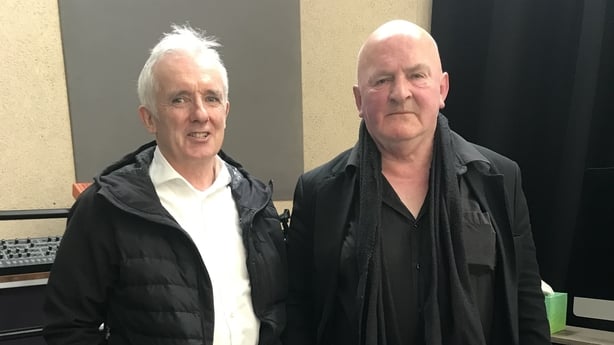
In February, I travelled to Letterkenny to meet with John McIvor and Malachy Hegarty to discuss the gig in County Donegal — the seventh show of the November 1984 tour.
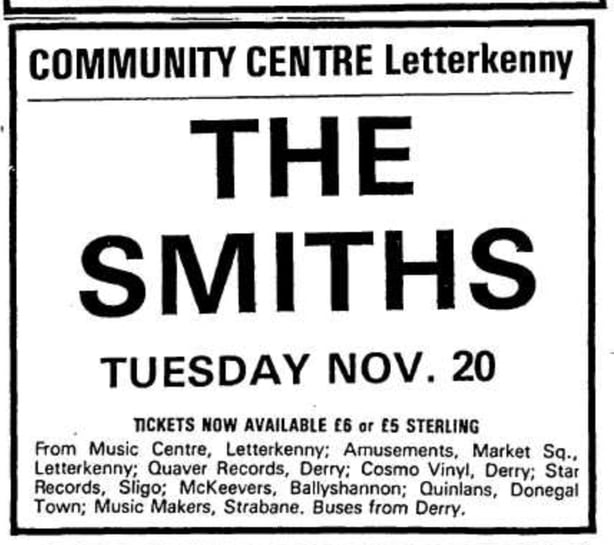
John, now tour manager for Don McLean, was home for a few days and showed me the lobby of the Letterkenny Community Centre where his mother Susan had been running the ticket desk for The Smiths show on that famous night in 1984.
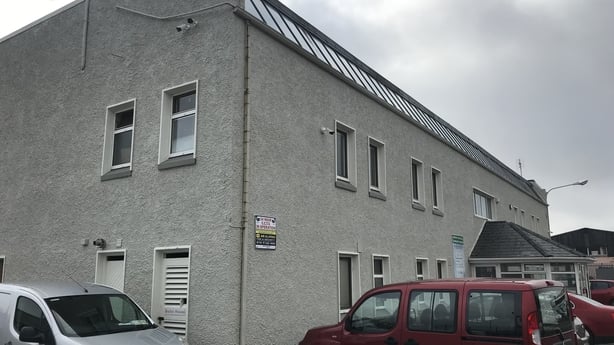
He also explained how some unwanted trees from her garden were used to decorate the dressing room after Morrissey requested it be decked out in flowers.
John Featherstone was in charge of lighting and stage design for the 1984 tour and it was approaching St Patrick’s Day when I spoke to John from his home in Chicago.
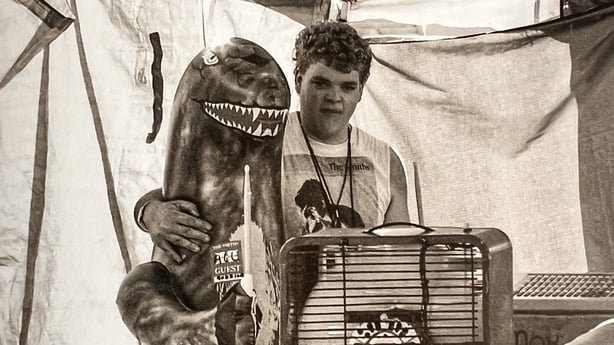
The city was preparing to dye the river green and John was working on lighting design for the Oscar-winning composer Hans Zimmer when he took a break to talk about the security fears on that 1984 tour.
"The biggest risk up until that point at a Smiths show was that somebody was going to get poked in the eye with a gladioli. There was a different kind of potential risk. Because obviously that was an incredibly divisive comment," said John about the tour and Morrissey’s IRA comments.
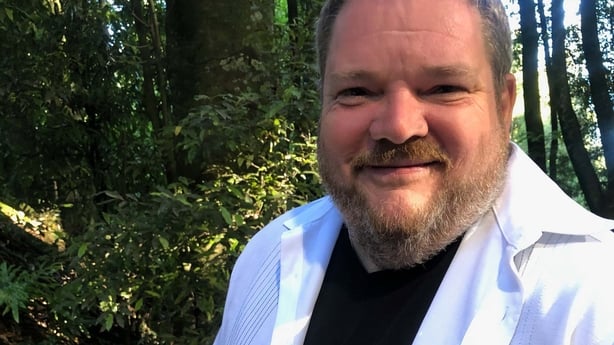
Back in Dublin, players from Latvia’s international football team were milling about when I met Dave Fanning at a hotel in Stillorgan, while artist Dameon Priestly was working on a new exhibition when he took time out to discuss The Smiths’ show at the Ulster Hall.
Meanwhile writer and producer Colm O’Callaghan told me about the gig in Cork, about the raucous atmosphere and how the memories have never faded.
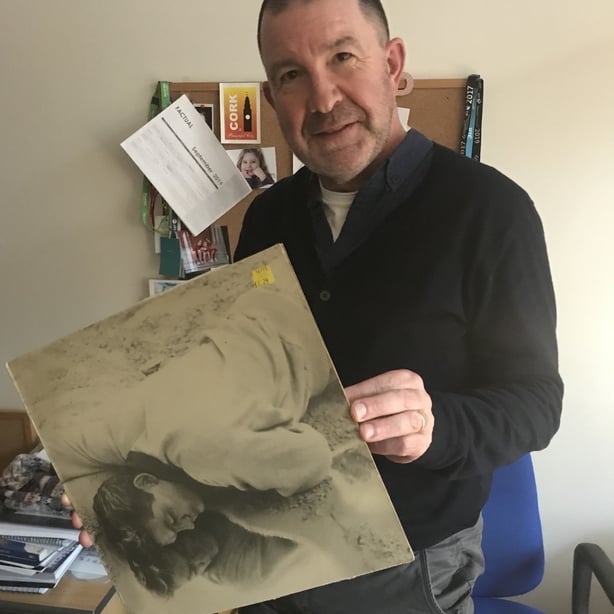
The only problem for myself and fellow producer Donal O’Herlihy was trying to fit it all in.
There were many others who helped along the way, in particular Mike Hinc, who was the band’s booking agent for the tour and very generously filled in a few gaps.
In May, came the sad news about Andy Rourke’s death and there was an outpouring of grief from Smiths fans around the world.
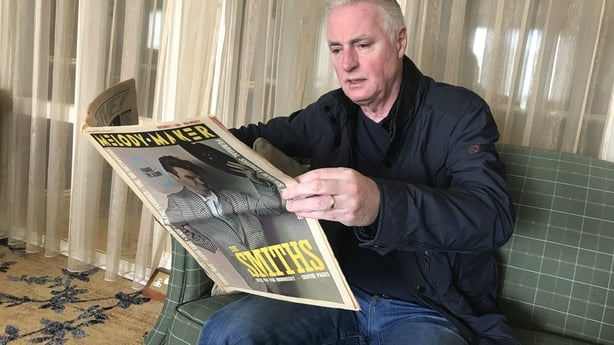
It was also a reminder of the real starting point for this project — the music of The Smiths and how much it still means to people.
And nearly 40 years on from that chaotic Irish tour, the legacy lives on.
"Their music will stand the test of time," said Danny Kelly. "Nothing can change that."
Documentary On One: Louder Than Bombs: The Smiths in Ireland, Nov ’84, RTÉ Radio 1 - Saturday 19 August, 2022 at 2pm - listen to more from Documentary On One here.
